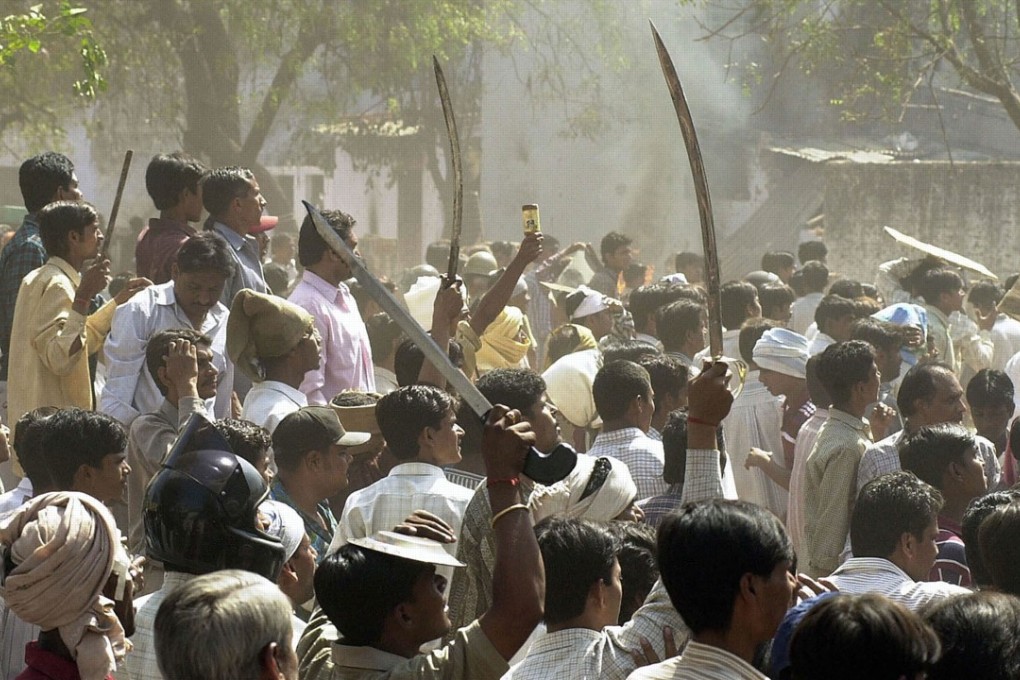Review | Arundhati Roy’s first novel in 20 years, although not a complete success, shows she’s no one-hit wonder
The Booker Prize winner returns to fiction with The Ministry of Utmost Happiness, a story of religious and political violence full of lush prose but spoiled in places by expository detail that becomes overwhelming


by Arundhati Roy
Hamish Hamilton
When India became independent in 1947 alongside newly created, Muslim-majority Pakistan, Saadat Hasan Manto, arguably the greatest South Asian writer of the 20th century, remarked that Indians and Pakistanis might be politically free, but they remained the “slave of prejudice … slave of religious fanaticism … slave of barbarity and inhumanity”.
The Ministry of Utmost Happiness, the first novel in two decades by celebrated Indian writer and political activist Arundhati Roy does plenty to suggest that, 70 years after the end of British colonial rule in India, Manto’s insight remains true.
Islamic extremism has all but torn Pakistan apart. In India, meanwhile, a growing list of atrocities against Muslims by supporters of the ruling Hindu nationalist Bharatiya Janata Party (BJP) could be a blueprint for the horrors being inflicted on innocents by the Islamic State in its pursuit of a new caliphate.
Early on in Roy’s novel, her protagonist, Anjum, watches as the September 11, 2001 terrorist attacks in New York unfold on television. “Tiny people jumped out of the tall buildings and floated down like flecks of ash,” observes Roy in the omniscient voice with which she narrates most of the novel. “Even the dust looked different – clean and foreign.”
